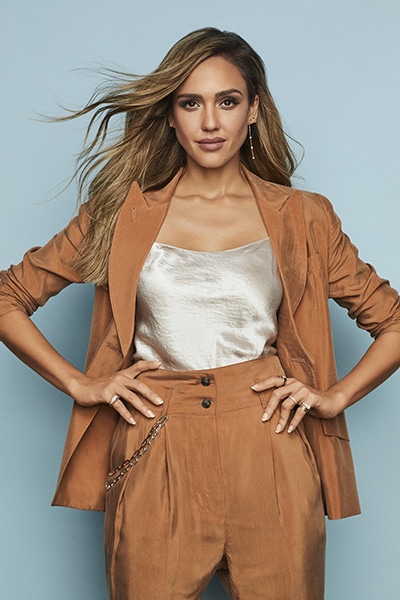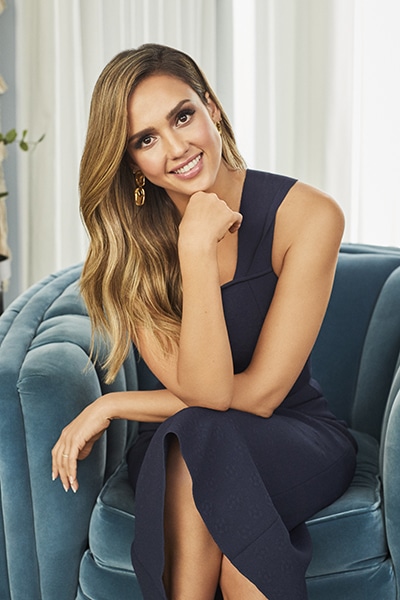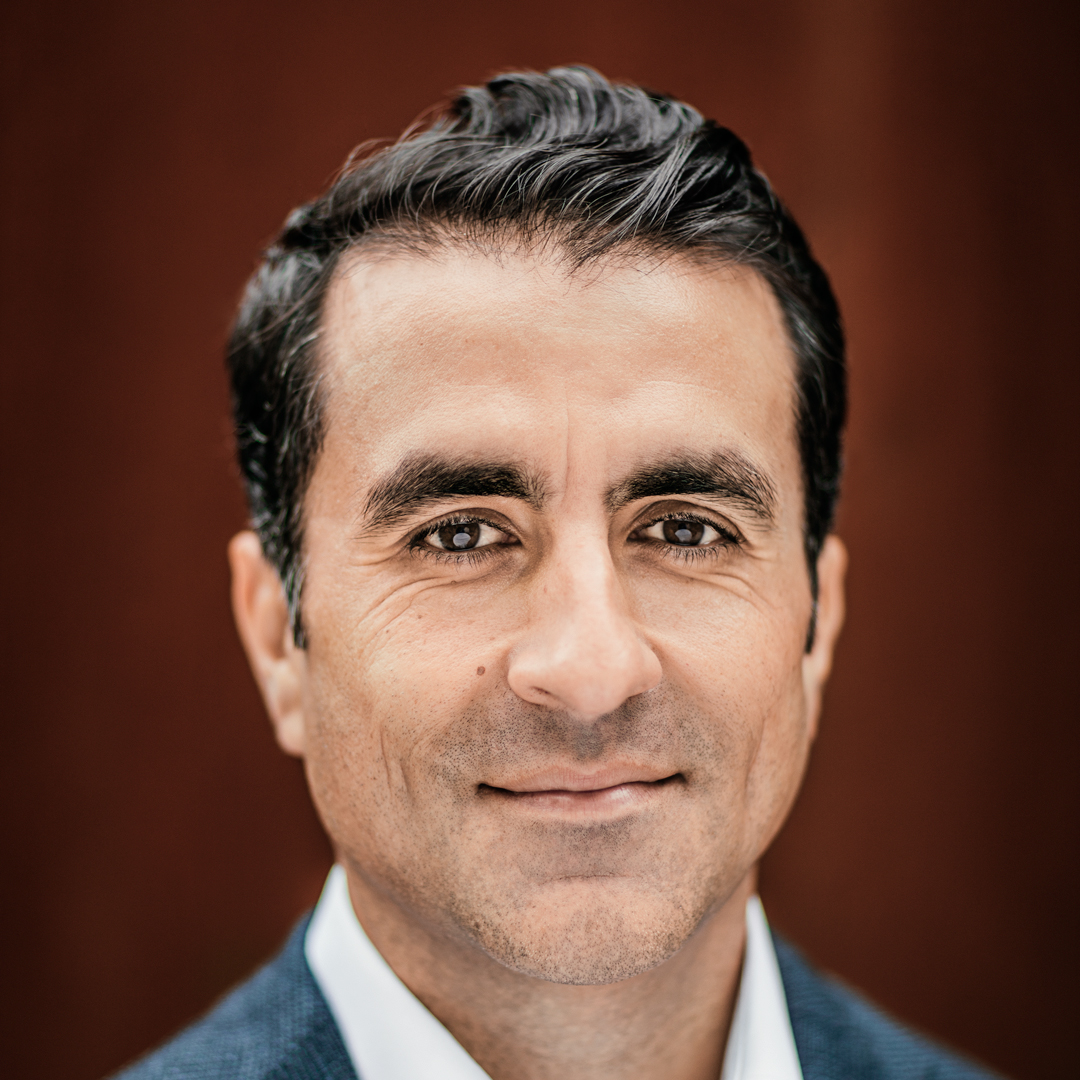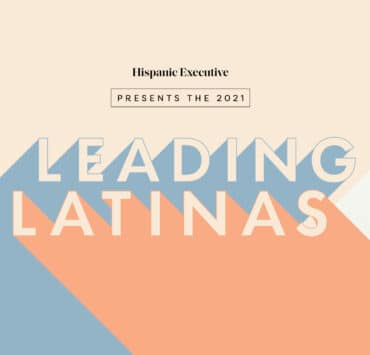|
Getting your Trinity Audio player ready...
|
You don’t know Jessica Alba. Not really.
Maybe you know Alba as the thirty-nine-year-old actress and creative producer who was born in Pomona, California. She won an acting/modeling competition at eleven that earned her an opportunity to audition for Hollywood agencies, and she was landing parts in movies and television shows by twelve. Alba has starred in more than a dozen films that have collectively grossed more than $1 billion at the box office, including Valentine’s Day, Machete, and Fantastic Four—where she met her husband, a Yale-educated producer and entrepreneur named Cash Warren.
Alba has also landed on the small screen, recently starring alongside Gabrielle Union in LA’s Finest, which debuted on Fox and for which Alba also serves as an executive producer.
But there is so much more to Alba than her Hollywood career.
In the past decade, Alba has built a thriving “side-hustle” that established her street cred as a far-sighted entrepreneur and successful businesswoman. In 2013, she published her New York Times best-seller The Honest Life: Living Naturally and True to You, which details her journey in trying to create a natural, nontoxic life for her family.

And, in what she likely considers her most important role, she is the mother of three young children: daughters Honor, twelve, and Haven, nine; and son Hayes, three.
As a father of three, I give Alba and Warren my vote for Parents of the Year. They are old school, hands-on, no-nonsense parents who set expectations, establish boundaries, and teach their kids to take responsibility. In an interview with Reveal Magazine, Warren, forty-one, once said, “One thing that Jessica and I are 100 percent aligned on is that we’re not raising a—holes.”
I asked Alba why she thinks it is so important that she and her husband raise their kids to be good humans.
“My kids are more privileged than I was growing up, but I still work to instill the same values,” she said. “It is important that they learn to be self-sufficient, learn what it means to contribute and be part of a family unit. I also want to teach them to respect and appreciate what they have. By setting the table for dinner, cleaning up after meals, and keeping your room straight, you gain a sense of responsibility and pride you wouldn’t otherwise have.”
For Alba, parenting is serious business. Literally. It was a major part of the inspiration for her “side hustle”: the Honest Company, the wildly popular consumer goods company she cofounded in 2011 along with Christopher Gavigan. The company started with only a handful of baby and household products, and now it offers a host of cleaning, bath, body, and beauty products as well as baby clothing and diapers. Today, Alba’s net worth is estimated to be more than $350 million.
Two things drive this story: the fact that Alba was a self-described “sick kid” who grew up with asthma and allergies, and the fact she eventually became a parent, which led her to scrutinize products that parents and babies come into contact with.
One day, while pregnant with her first child, Alba was washing onesies with a detergent specifically made for baby clothes. She broke out in hives, and worried that the same thing could happen to her unborn baby. She began investigating the contents of the products that we all bring home with us and, in 2011, lobbied Congress about the harmful chemicals commonly found in household products.
Meanwhile, Alba was also trying to gather support for an idea that was just ambitious enough to grow into a successful company. She wasn’t having much luck.
Undeterred, she found her way to Gavigan, and later to two more partners, Brian Lee and Sean Kane. With the team in place, everything else became clear.
I asked Alba what advice she had for other aspiring entrepreneurs who are starting down this road with little more than an idea.
“My most important decision was finding the right business partners,” she said. “You can’t do it alone. There is no way. Also, set realistic goals. Try not to have goals that are too lofty or out there. When you have goals you can achieve, you get things done.”
The Honest Company gets things done. Over the past three years, Alba has partnered closely with current CEO Nick Vlahos to grow the business.
Elsewhere, parenting is now a cornerstone of Alba’s brand. In fact, Disney+ is about to send her around the world as the executive producer and host of an upcoming docuseries with the working title Parenting Without Borders.
“It is important that [my kids] learn to be self-sufficient, learn what it means to contribute and be part of a family unit.”
Jessica Alba
If Alba has a flair for parenting, she may have picked it up from watching her own parents. Mark Alba and Catherine Louisa Jensen met in California as teenagers and fell in love. Jessica soon followed.
The Alba family is a cultural stew. Catherine’s ancestry stretches into Denmark, England, France, and Germany. Alba’s father can trace his roots back to Mexico, but his parents were born in California. It was Mark’s grandparents—Jessica’s great-grandparents—who were immigrants from Mexico. Three of them came from Zacatecas, one from Durango.
Alba—who resembles her father and carries his surname—speaks lovingly of her family.
“My dad’s family, they’re Mexican American,” she said. “Their culture and community revolves around that, and we have so many relatives in Southern California. I lived in the city that my grandparents grew up in and my dad was raised in. We lived with my grandparents on and off. They had a big imprint on my life.”
In fact, Alba’s grandparents were the ones who introduced her to acting. “My relatives were part of this incredible performing arts playhouse,” she explained. “It was also a theater where they would bring all the traditional Mexican folklore stories and act them out. They would do plays, and they would sing and dance.
“My grandparents were stars at the playhouse,” Alba continues. “My grandmother says that’s where she fell in love with my grandfather. I was raised around that.”
Of course, Alba was also raised on stories about her family’s heritage and its impact on their lives in the United States. “You can ask me about racism and segregation in California,” she said. “When my dad was little, my grandfather explained, ‘No, we’re not allowed to go into that bathroom,’ or ‘We can’t drink from that water fountain.’”

I was curious if Alba sees herself as a Latina or a person of color.
“Both,” she said. “I hate the word ‘Hispanic’ because it feels like a white guy lumping together people who speak Spanish. ‘Latinx’ feels the most modern now. I definitely feel like I’m part of the Latinx community. But I always probably identified with being Mexican more than anything else—just because, at the end of the day, this is how I look. It’s just how I operate in the world.”
Alba thinks Latinos would operate better without so much infighting.
“I’m like, what the hell?! Why can’t our community wrap our arms around each other and lift each other up, the way other communities do for each other?” she asked. “It’s something I talk about with other Latinas. I think it’s because our cultures and communities have been stripped from us. When the Spaniards came and conquered, they tried to whitewash us and strip us of our traditions, our culture, our history, everything that makes us dope—trying to get us to forget who we are and where we came from.”
This understanding and fierce embrace of the Latino community might be unexpected to some. It is one example, but a prominent example, of how the public has misunderstood Alba and what she stands for.
I decided to ask her about that misconception. That question—awkwardly phrased—went like this: “The perception among many Hispanics is that you don’t identify with your Hispanic ancestry. It is even said that you’re not proud of being Mexican. What do you make of that?”
Stop the tape! Where did that question come from?
It came from 2007, from a now-notorious interview that Alba gave to a magazine called Para Todos.
According to the magazine, the actress said this: “Alba is my last name, and I’m proud of that. But that’s it. My grandparents were born in California, the same as my parents, and though I may be proud of my last name, I’m American. Throughout my whole life, I’ve never felt connected to one particular race or heritage, nor did I feel accepted by any. If you break it down, I’m less Latina than Cameron Diaz, whose father is Cuban. But people don’t call her Latina, because she’s blonde.”
There’s a lot to unpack there. But I’m going to leave the suitcase shut. What’s inside is none of my business, or yours. Culture, ancestry, heritage, it’s all personal. We’re all on our own journey, going our own way and on our own timetable.
Having said that, I don’t think what Alba supposedly said nearly fifteen years ago is that shocking. It’s full of truths.
First, most Hispanics, I would assume, do consider themselves Americans first. I do. Next, many of us do feel like a man or woman without a country. We’re too Hispanic to be full-fledged members of the American mainstream, yet too American to blend in back in the country our grandparents once called home. Finally, some of us are afforded different privileges based on the color of our skin.
Alba is also correct in that we Hispanics don’t pat each other on the back. We judge one another, then we conclude that everyone else is less authentically ethnic than we are. We’re plagued by envidia, and many of us can’t stand to see our own kind shine. We’re crabs in a bucket, pulling each other down. And we’re always on edge, waiting to be betrayed, disappointed, or let down. So, at the first hint that this is coming, we pounce.
These proclivities and peculiarities are centuries old, and they’ve gotten us nowhere. I’m not going to continue that here. Haters are going to hate, and a slander was born: Jessica Alba, critics said, is ashamed to be Mexican.
That’s where the question came from. Here’s the answer: “First, I don’t really care what people think. I stopped caring a long time ago,” she said.
“When the Spaniards came and conquered, they tried to whitewash us and strip us of our traditions, our culture, our history, everything that makes us dope—trying to get us to forget who we are and where we came from.”
Jessica Alba
Alba went on to explain that she understands how, when you don’t care enough to correct the record, falsehoods get passed along as facts. If you don’t define yourself, others will define you—often in unflattering terms. It’s one of the reasons that she is speaking at more Hispanic events these days, even if it is virtually.
I could have spoken to this woman all day. She’s smart and thoughtful, and she seems fully committed to who she is. She may be an actress, but this was no act. She’s all in on her culture and heritage.
But the hour was late, and it was time to say adios.
“Jessica Alba, thank you so much! You’re kicking ass. I appreciate your time,” I said.
“Yeah, of course,” she replied. Then, a few seconds later, she hit me with this: “I’m so bummed that you think that I’m not proud of being Mexican! That makes me sad.’”
Don’t kill the messenger. I never said that I believed the slur, I explained, just that some people do.
“Well, I hope that you will change their minds, because that is terrible,” she said.
Alba is absolutely right. It is despicable for some Latinos to so freely challenge the authenticity of others. Take it from me. I know firsthand what it’s like when your own people think they have you all figured out when, in reality, their figures don’t add up.
But no matter what people think, it doesn’t change the fact Alba has made a name for herself in two of the most competitive industries in the world.
Every superhero has an origin story, and the Fantastic Four alum is no exception. The Jessica Alba story has—appropriately—four beginnings.
The first starts with a sick kid who would many years later grow up to be fiercely protective mother. The second starts with a love of acting that she inherited from her Mexican American grandparents, who had the time of their lives in that little playhouse in Southern California. The third comes with her idea to start a business that has become an extraordinary success. And the fourth beginning is rooted in those things that helped make that business so successful, the gifts she got from her upbringing—her wits, her dreams, her discipline, her perseverance, and her grit.
Add it all together, and there was no chance that this American success story would turn out any other way.
On Lobbying Congress
“They really tried to turn it into a conservative/liberal conversation. I was like, ‘There’s nothing liberal about this. This is a human health issue. I don’t care what party you’re aligned with: nobody wants to be a guinea pig or a lab rat. If no one is going to do anything, I’m going to create a company. I’m going to create the solution.’”

